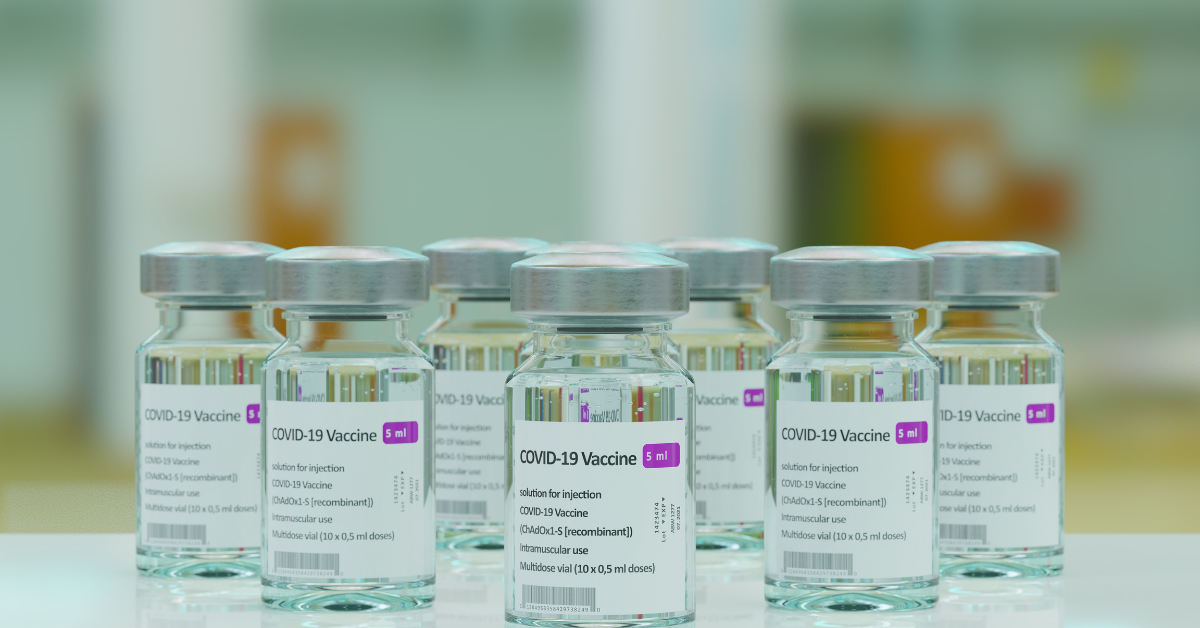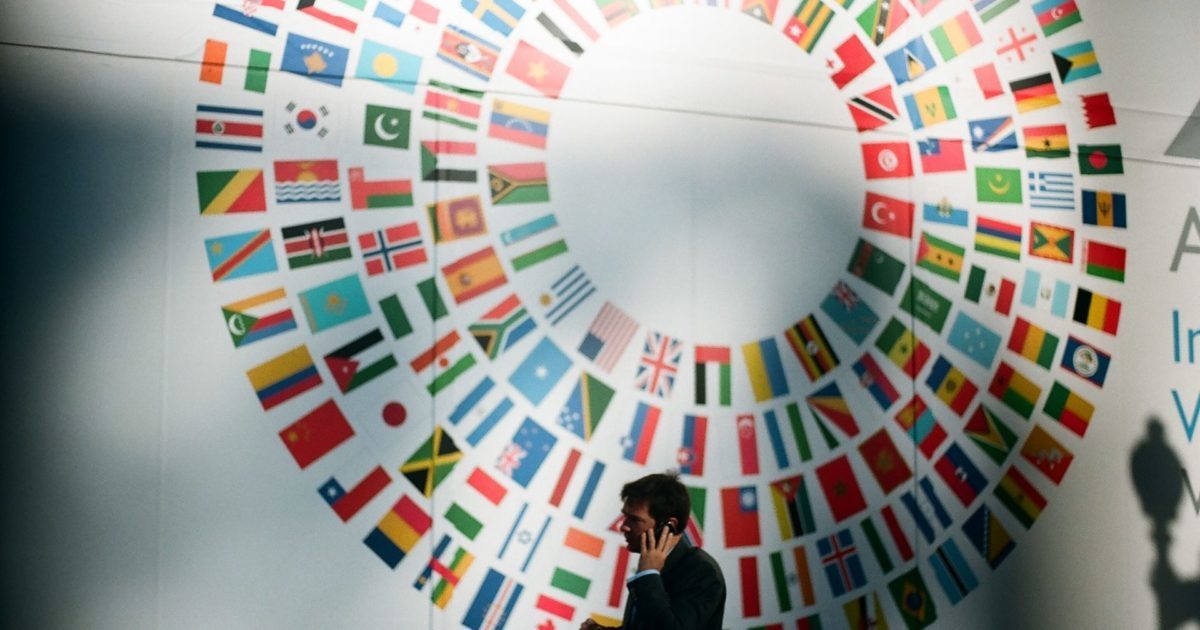
In January 2021, Dr. Tedros, WHO Director-General, warned that the unequal distribution of Covid-19 vaccines was about to be a “catastrophic moral failure”. At that time, rich countries had already guaranteed the purchase of more doses of vaccines than the number of inhabitants on Earth, effectively leaving other countries without access. In December 2021, reflecting the already predictable greedy gluttony, poor countries refused to receive nearly 100 million doses of donated vaccines because they were about to expire. These stories remind me of the legend of the ancient Roman aristocrats who vomited between courses to make the most of all the extravagance of endless banquets. And both the Romans and the current practice of rich countries illustrate a fragile morality.
Urgent vaccine development
The rapid escalation of Covid-19 in the first quarter of 2020 marked the beginning of a rush to vaccine development. Never in such a short time, has so many public funds been allocated to fund the research and development of a new vaccine. Due to the immense contribution of public investment, the possibility of having a vaccine free of intellectual property rights was idealized. A real hope that would allow for technology transfer, leading to large-scale production at a global level. However, one and a half years after the first vaccine was licensed, the world is still witnessing inequality and inequity in access, reflected in the discrepancy in vaccination coverage. While the average of fully vaccinated individuals in high-income countries is 57%, this rate is below 5% in low-income countries.
The COVAX Facility was put in place to pool vaccine purchases globally for low- and middle-income countries, negotiating fair and competitive prices to allow all countries to access the vaccines. However, in practice, rich countries took the lead, entering contracts directly with pharmaceuticals, leaving negotiations with COVAX in the background. It is precisely this negotiating power that patents bring to pharmaceutical companies. They decide how, to whom, and when to sell. The report “A Dose of Reality” exposes that western Pharmaceuticals have delivered only 12 percent of the doses they allocated to COVAX. The same report points out that of the 1.8 billion Covid-vaccine donations promised by wealthy nations, only 261 million doses – 14 percent – have been delivered to date. As a result, low-income countries are forced to participate in negotiating directly with pharmaceuticals, but in unfair competition, they end up paying up to 3 times the amount paid by rich countries.
Time to break the patent of vaccines?
So, is this the time to break the patent on Covid-19 vaccines? In 2021, more than 100 countries – led by India and South Africa – appealed to the World Trade Organization for patents to be provisionally waived by pharmaceutical corporations so that more countries could produce and sell Covid-19 vaccines and thereby increase access for low-income countries. Their call was left unanswered. On the other side, rich countries and pharmaceutical companies keep intoning the mantra that intellectual property right is fundamental to cover their expenses and enable and incentive research and development of new technologies. The companies made this argument, despite the fact that Covid-19 vaccines were funded largely by public investments. No other example represents this contradiction more than AstraZeneca’s vaccine, which had 97% public funding and was initially designed as a non-profit undertaking.
It may sound extreme, but many countries have loopholes in their constitutions that authorize their government to break patents. In Brazil, for example, if the patent holder practices financial abuse, and in the United States, in national insecurity through compulsory licensing, the government can temporarily withdraw patents of essential products. One of the most remarkable examples of breaking a patent was when in 1998, South Africa broke the patent of 39 HIV drugs at once after concluding that prices were far too high to implement a universal treatment model. That year, pharmaceutical corporations mobilized actions against South Africa, demanding sanctions at the WTO. However, the comprehensive media coverage and corporate bad will led companies to drop the lawsuit and begin negotiations with the South African Government to address price reduction.
“We have failed as a society”
The difference now is that middle-income countries with the potential to be leading producers of patent-free vaccines, such as Brazil, South Africa, and India, already have contracts guaranteeing the necessary access for their vaccine coverage following the WHO targets. Thus, the fight for breaking patents is not an agenda of their interest, leaving the world’s poorer countries without essential allies. Perhaps the issue is a moral one. Instead of fighting to break patents, patents should never have existed, at least during a global pandemic, which so far has led to the death of 6 million people. When it comes to covid-19 vaccines we have failed as a society. We are experiencing a catastrophic moral failure.
Written by a Master student at Lund University. Edited by Jesper Sundewall, Associate Professor of health economics at HEARD at University of KwaZulu-Natal and of Global Health Systems at the Social Medicine and Global Health division at Lund University.




Recent Comments